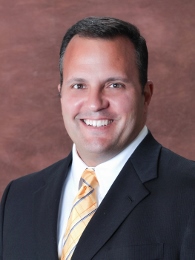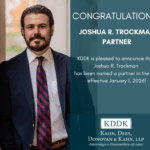A Republican-sponsored bill circulating through the 2018 Indiana General Assembly aims to restrict local governments from regulating the development of natural resources on private property. “Natural resources,” as defined by HB 1289, includes the extraction of mineral resources and the sale or removal of merchantable timber. Recent amendments added to the bill last week, however, seek to further limit local government regulation of excavating, mining, drilling and other movement or removal of earth below ground level.
Rep. Jeff Ellington (R-Bloomfield), the author of HB 1289, argues his bill would create thousands of jobs in the state, as well as make it easier for private landowners to adopt their own forestry and insect control practices that could help prevent the spread of disease. For others, the bill represents the people’s inherent right to take care of their own land.
On the other hand, opponents worry that HB 1289 could undermine local regulations that seek to protect valuable public resources for sustainable future use. Opponents also cite environmental issues and the potential disruption to adjacent private property owners.
To date, HB 1289 has passed out of committee and has already garnered support from the Indiana Builders Association, Indiana Farm Bureau and the Indiana Forestry & Woodland Owners’ Association.
As with the restrictive ordinances and regulations enacted by various local governments in the state, HB 1289 holds a potentially substantial impact for landowners and their plans for developing their property and its natural resources.
For more information about this or any related issue, please contact Indiana and Illinois mineral and environmental law attorney Kent A. “KAB” Brasseale II at (812) 423-3183 or kbrasseale@KDDK.com; or contact any member of the KDDK Environmental and Mineral Law Practice Teams.
About the Author

With a degree in Chemical Engineering and more than 20 years’ experience practicing law, KAB Brasseale, is equipped with the skills and knowledge to efficiently and effectively represent clients in environmental, mineral, intellectual property, construction, business and real estate matters. KAB takes the time to understand his clients’ needs and objectives. KAB’s experience, combined with his active service in civic and professional organizations and as a real estate licensing instructor, have yielded the skills to achieve efficient “win-win” results.
(J.R. Trockman, an associate with KDDK, contributed to this article.)




